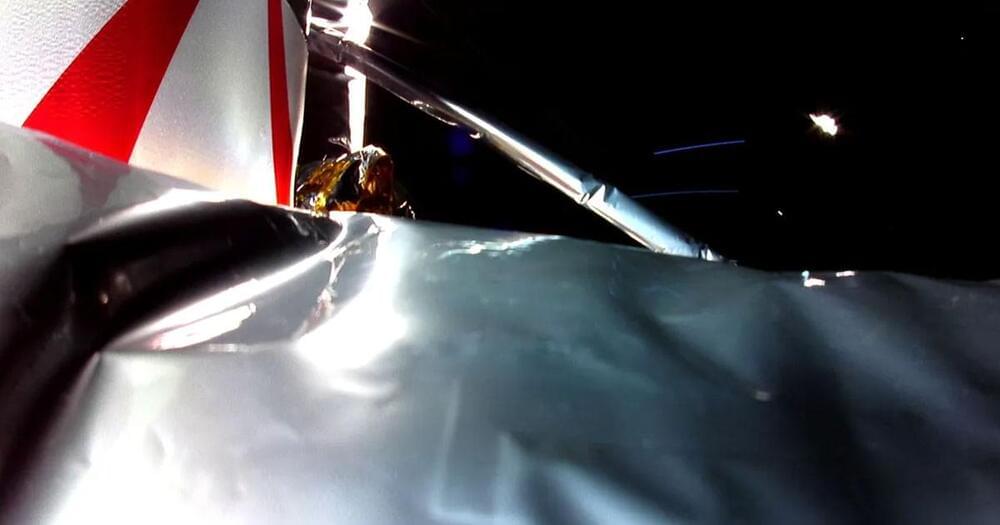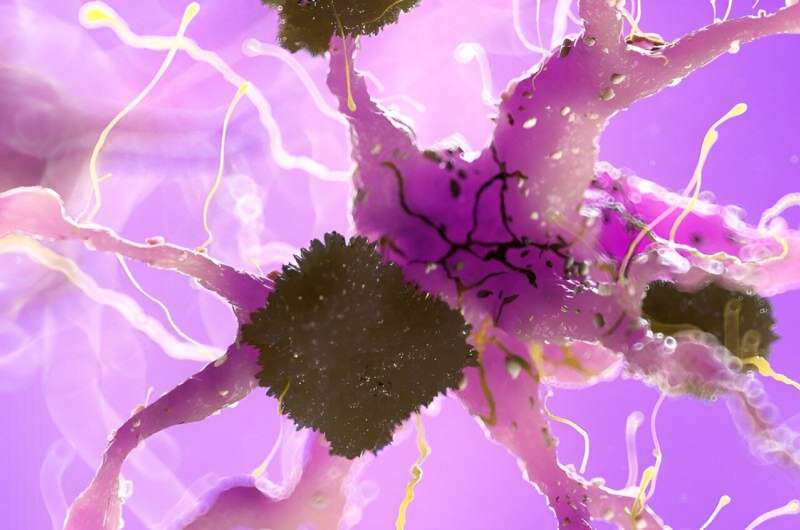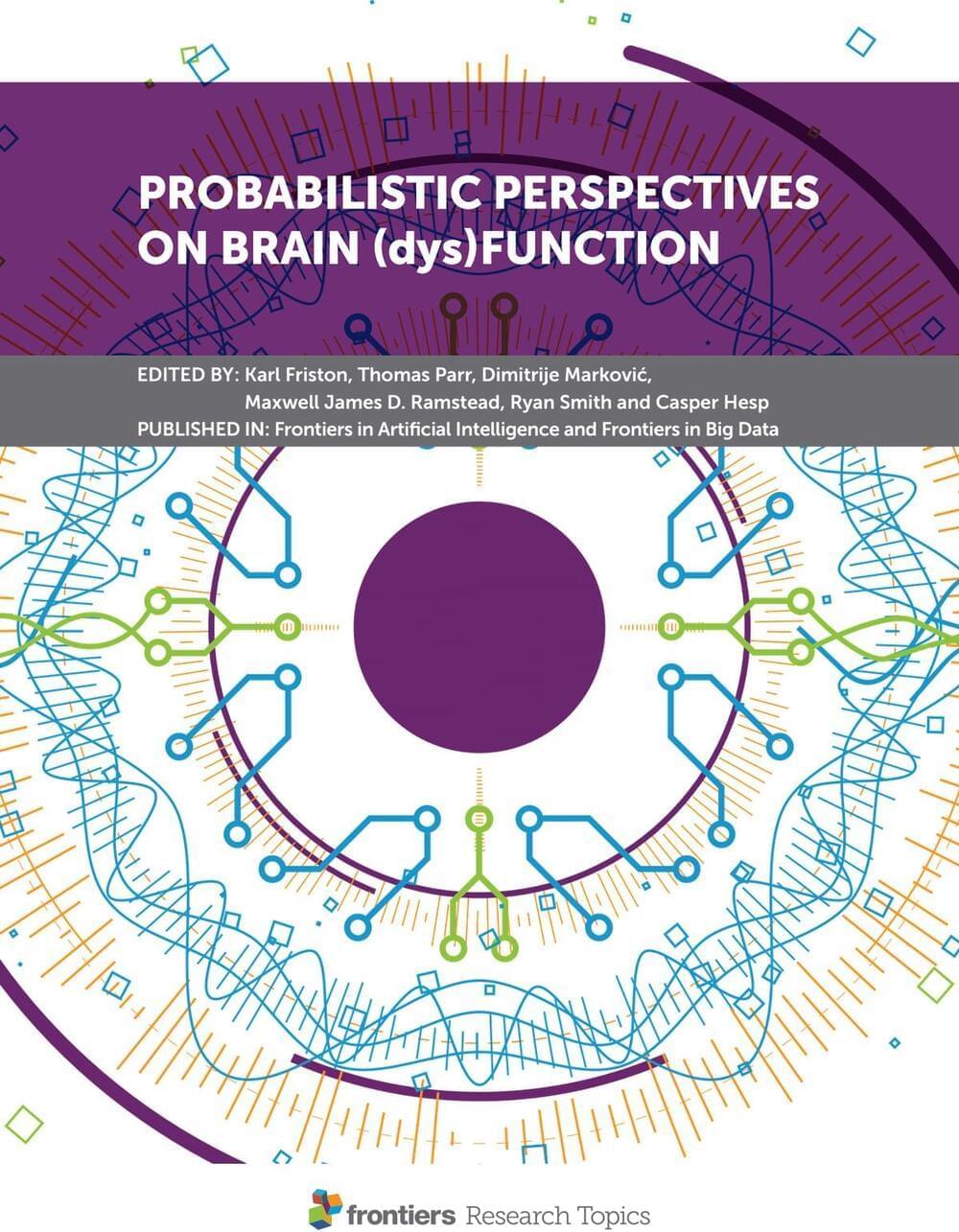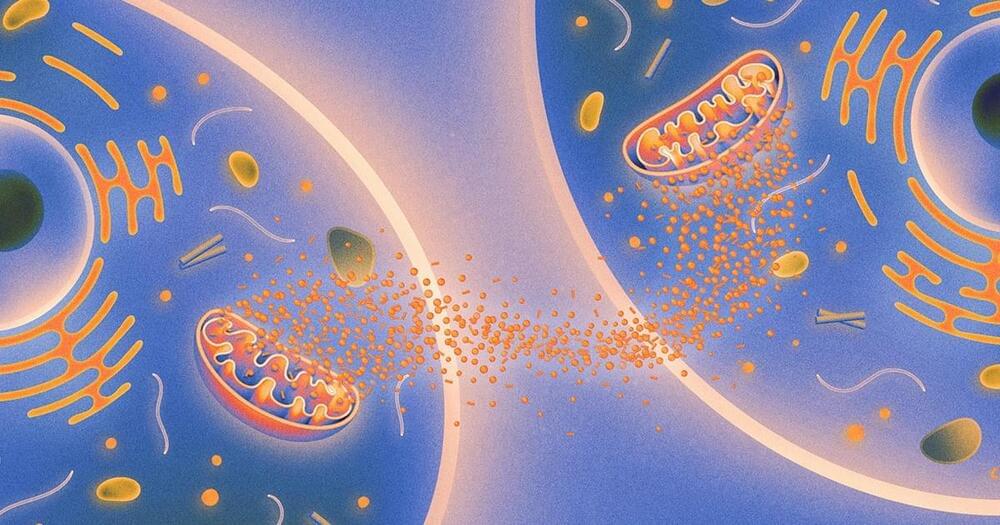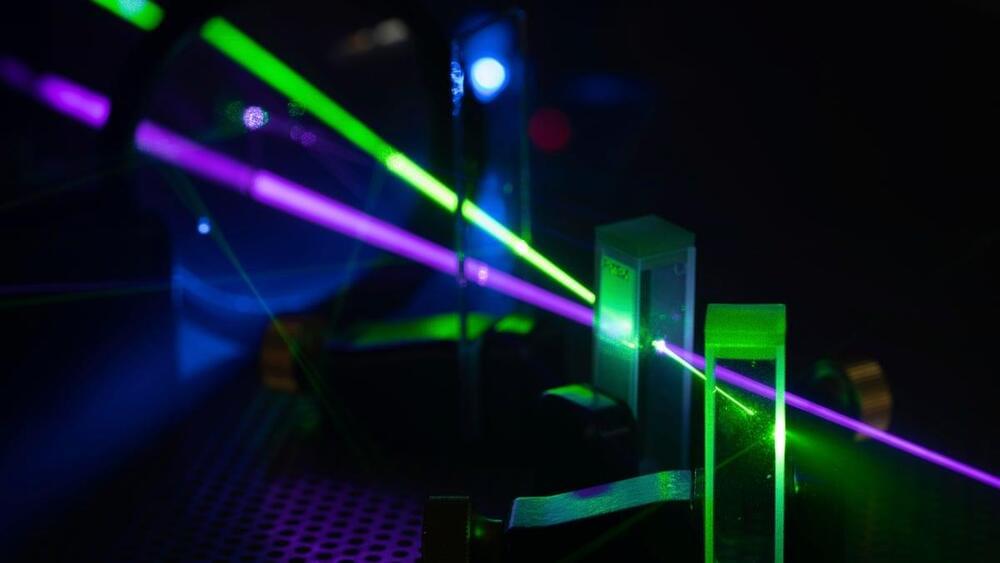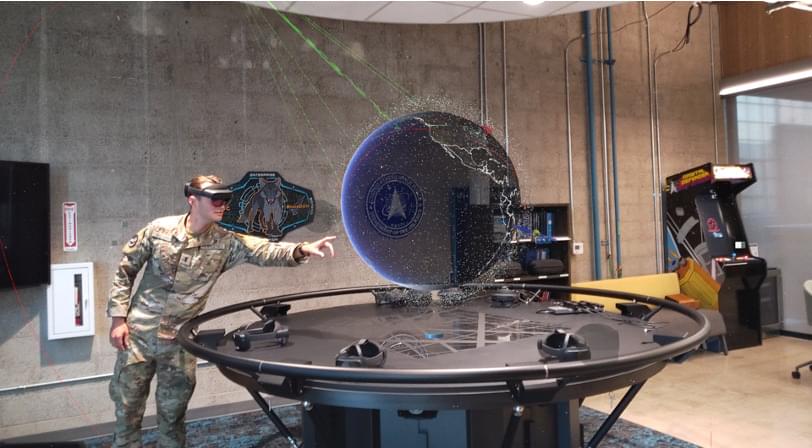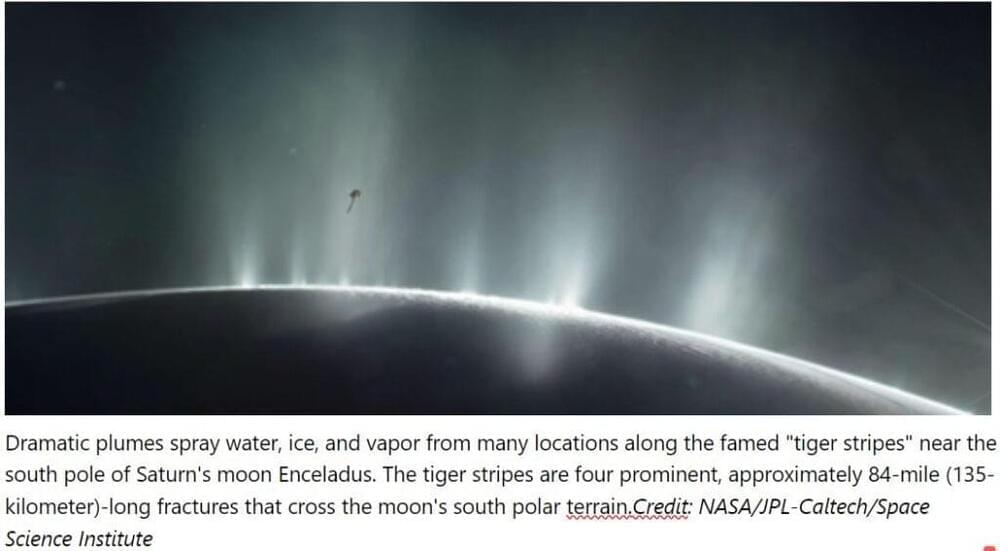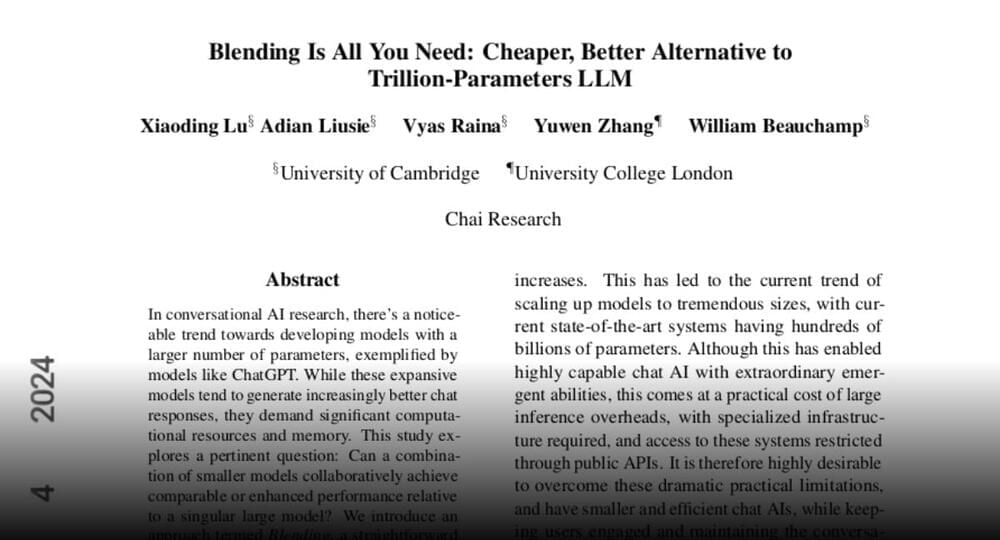For decades, science fiction authors have imagined scenarios in which life thrives on the harsh surfaces of Mars or our moon, or in the oceans below the icy surfaces of Saturn’s moon Enceladus and Jupiter’s moon Europa. But the study of habitability—the conditions required to support and sustain life—is not just confined to the pages of fiction. As more planetary bodies in our solar system and beyond are investigated for their potential to host conditions favorable to life, researchers are debating how to characterize habitability.
While many studies have focused on the information obtained by orbiting spacecraft or telescopes that provide snapshot views of ocean worlds and exoplanets, a new paper emphasizes the importance of investigating complex geophysical factors that can be used to predict the long-term maintenance of life. These factors include how energy and nutrients flow throughout the planet.
“Time is a crucial factor in characterizing habitability,” says Mark Simons, John W. and Herberta M. Miles Professor of Geophysics at Caltech. “You need time for evolution to happen. To be habitable for a millisecond or a year is not enough. But if habitable conditions are sustained for a million years, or a billion…? Understanding a planet’s habitability takes a nuanced perspective that requires astrobiologists and geophysicists to talk to each other.”
